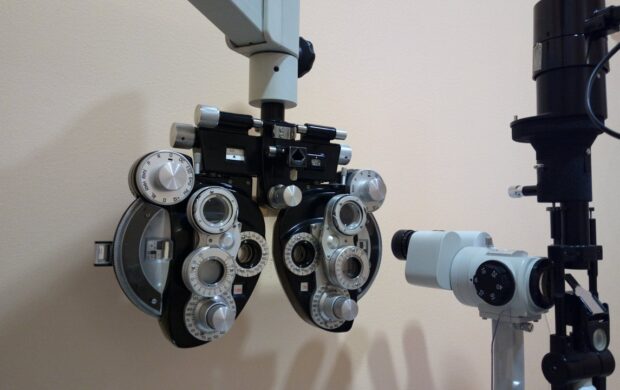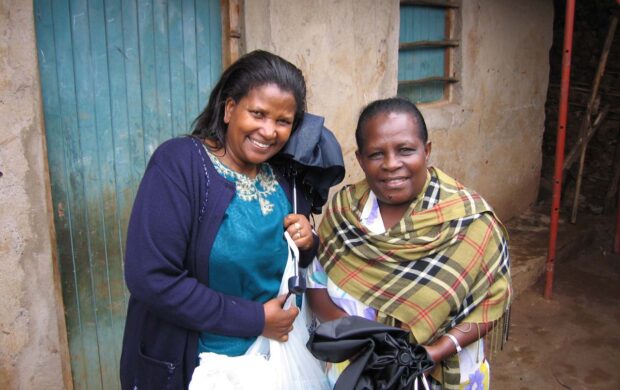In a landmark decision by the Delhi high court, Indian women are now allowed to take on the position of karta (head of household). Under Indian law, the karta in a Hindu Undivided Family (HUF) is in charge of all matters regarding inheritance, property management, and other family matters. Women were previously barred from holding this position.

Previously, the karta role was restricted to the oldest male in the family and has been a traditional role in Hindu households. Only males in Hindu households could inherit property and so only males could become karta. Amendments made to the Hindu Succession Act in 2005 enabled women to inherit property, and this karta ruling builds on that development. The ruling comes after a woman in North India staked a claim on the position after the death of her father, and furthers the cause of women’s equality by giving them equal opportunities within the family to control assets and make decisions.










